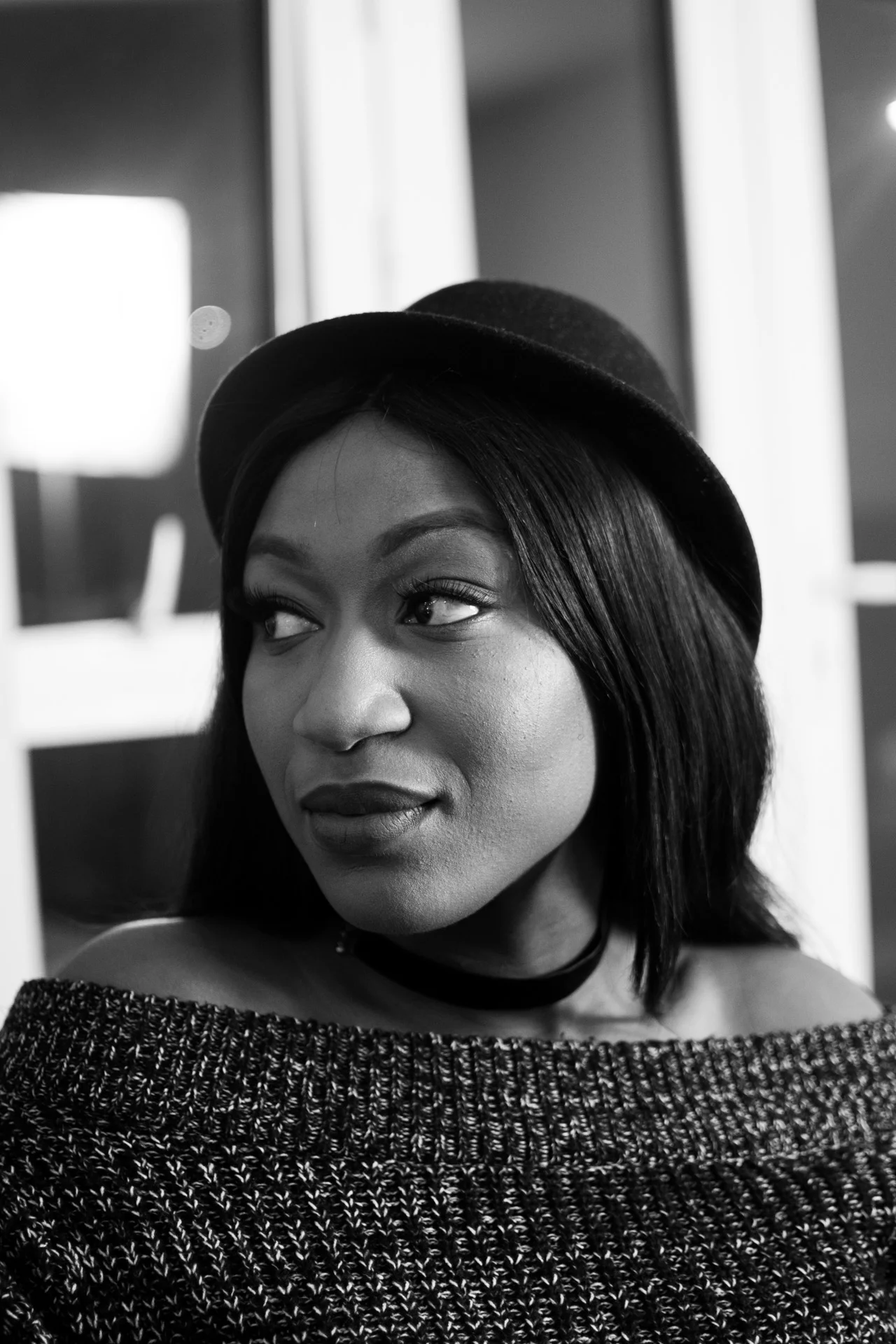Eve
Eve, 27
Nigerian ethnicity: Edo
City/County grew up in: London
City/County of residence: Kent
*audio below
Describe your heritage
I am a Black British Nigerian born in England to Nigerian-born parents.
What to you, makes you Black British Nigerian? How do you define it?
I think it’s purely based on where you’re from. So the fact that I was born in England, or if someone was raised in England, depending on what their passport says, and the fact that I have Nigerian parents, makes me Black British Nigerian, and whether you embrace it or not, you’re still Black British Nigerian in my opinion.
What challenges do you/have you faced that relate to your identity as a Black British Nigerian?
I sometimes feel like I’m not fully Nigerian and I’m not fully English. So you’re in the middle of both; you don’t fully fit into one, you don’t fully fit into the other and sometimes I do find older Nigerians will look down on me because I don’t cook Nigerian food, even though I don’t need to because my husband doesn’t eat Nigerian food so it doesn’t matter. I don’t speak the language, there’s some things that I don’t really know about Nigeria, I’ve only been the once, so sometimes I feel like I don’t fully fit in. And then also, I don’t fully fit into the English side because I’ve got an African name, I’m Black, I don’t really look like them, so that’s my main difficulty really.
What do you love about being Black British Nigerian?
The main thing that I love and really appreciate, is that I feel like I have a broader outlook towards life. So I’ve seen things in the Nigerian side and I’ve seen things in the English side as well. And it also means I can fit into so many different groups. So I can fit into a group of [Nigerians], I can switch it up, I can talk about different things, and then if I need to if I want to, I can fit into a group of English people, or I can fit into a group of just Africans in general, not just Nigerians.
I feel like it gives me quite a broad outlook because I’ve got varying experiences. So I can fit into both lifestyles from both cultures. So if I want to hang around Nigerians I can switch it up and talk in my Nigerian accent and talk about my Nigerian experiences, if I want to speak to or hang around English people, I can switch it up and do that, or general Africans as well I can also fit into that culture, so I’m almost like a chameleon; I can do bits and bobs of everything, that’s what I appreciate.
Do you think this country values your identity?
I think not yet. I’ve had experiences quite recently actually where I’ve been at work and they’ll ask me about my heritage and we’ll start talking about it. There’s still so much stigma about being Nigerian, they still refer to frauds, they still refer to this Nigerian prince, another guy was telling me how he’s heard that loads of Nigerian men like to cheat…I think everyone, all cultures cheat, why is that even relevant?! So I think at the moment there’s still a bit of a stigma about being Nigerian. Things might change in the future.
What does the future look like for Black British Nigerians - what are your hopes for us?
I think the perception of Nigerians is slowly changing. Very very slowly. Like Ashley was saying not just in the entertainment industry, but literally everything. So even though there still is that stigma about being a Nigerian, and 419 scams etc – there was a show a few years ago, Lagos to Nigeria, where it showed the rich people from Nigeria. Even though that show was a little bit materialistic, it’s nice to see another side of Nigeria, not just people suffering and corruption. It shows that there is still money and a bit of Westernization in that community. It just shows different aspects of it and makes it a bit more relatable as well. Even there was a headline I think back in 2014 about Nigeria being the biggest [African] economy, so we are hearing a lot more positive things about Nigeria in newspapers and in the media, so I think slowly the perception of us will change.








